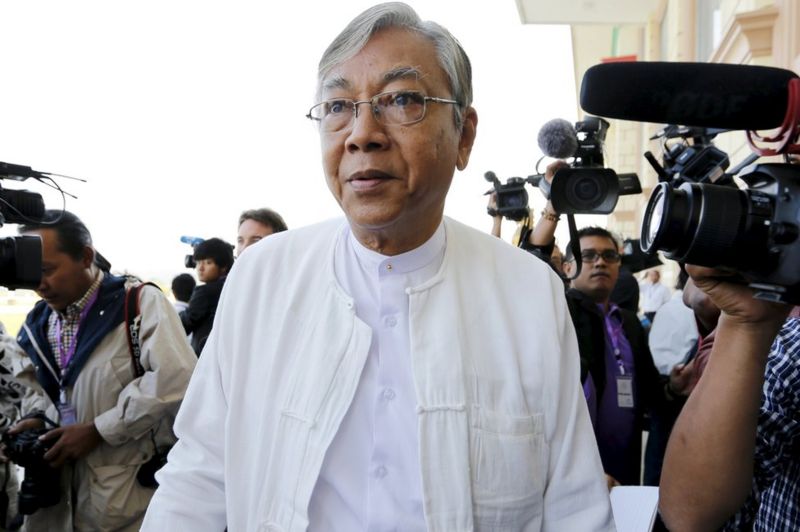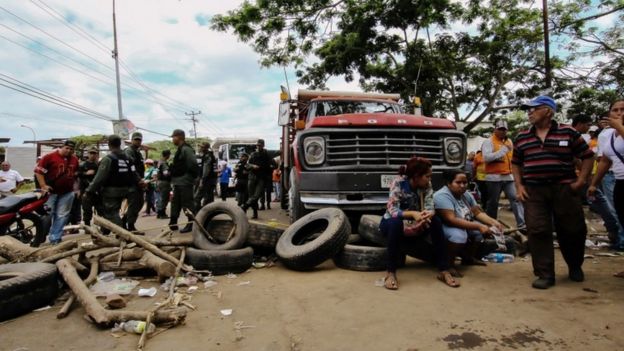By Christine Khamis
Impunity Watch Reporter, Asia
NAYPYIDAW, Myanmar –
The National League for Democracy (NLD) party in Myanmar has announced its presidential candidates. Ms. Suu Kyi, the leader of the NLD, is not being considered for the presidency. However, it is clear that Ms. Suu Kyi still expects to run Myanmar’s government through a proxy president. Ms. Suu Kyi’s aide and close friend, Htin Kyaw, has been named as a presidential candidate and appears to be the most likely to become president.

Ms. Suu Kyi is unable to become the president due to a constitutional provision prohibiting those with foreign family members from becoming the president. Both of Ms. Suu Kyi’s sons have British citizenship, as did her husband before his death in 1999.
Ms. Suu Kyi attempted to persuade the military to allow the constitutional provision to be overruled, but was unsuccessful. The military holds a guaranteed 25 percent of parliamentary seats and has the power to veto any proposed changes to the constitution.
The NLD, which won the parliamentary election in November 2015, has named Mr. Kyaw as the lower house vice presidential nominee and Henry Van Thio, a member of the parliament, as the upper house vice presidential nominee.
Both houses of the parliament will choose from among the NLD’s candidates and those from other parties. It is likely that the NLD’s candidates will win because the NLD currently holds a majority in both houses of the parliament. A second vote will then take place to decide who will be the president, with a third, military nominated candidate, Khin Aung Myint, entering the race as well. The two unsuccessful candidates will each become vice-presidents.
Myanmar’s new government will take control on April 1. It will be the first freely elected government in over 50 years. The new government will face issues such as civil war with ethnic groups, poor economic growth, and discrimination against Myanmar’s Muslim Minority, the Rohingya.
For more information, please see:
BBC News – Myanmar Begins Presidential Selection as Aung San Suu Kyi Ruled Out – 10 March 2016
CNN – Aung San Suu Kyi Confidante Htin Kyaw Likely to Become Myanmar’s Next Leader – 10 March 2016
The Guardian – Aung San Suu Kyi Will Not be President of Myanmar, Parliament Confirms – 10 March 2016
The New York Times – Aung San Suu Kyi Finds Roadblocks on Path to Presidency – 7 March 2016


